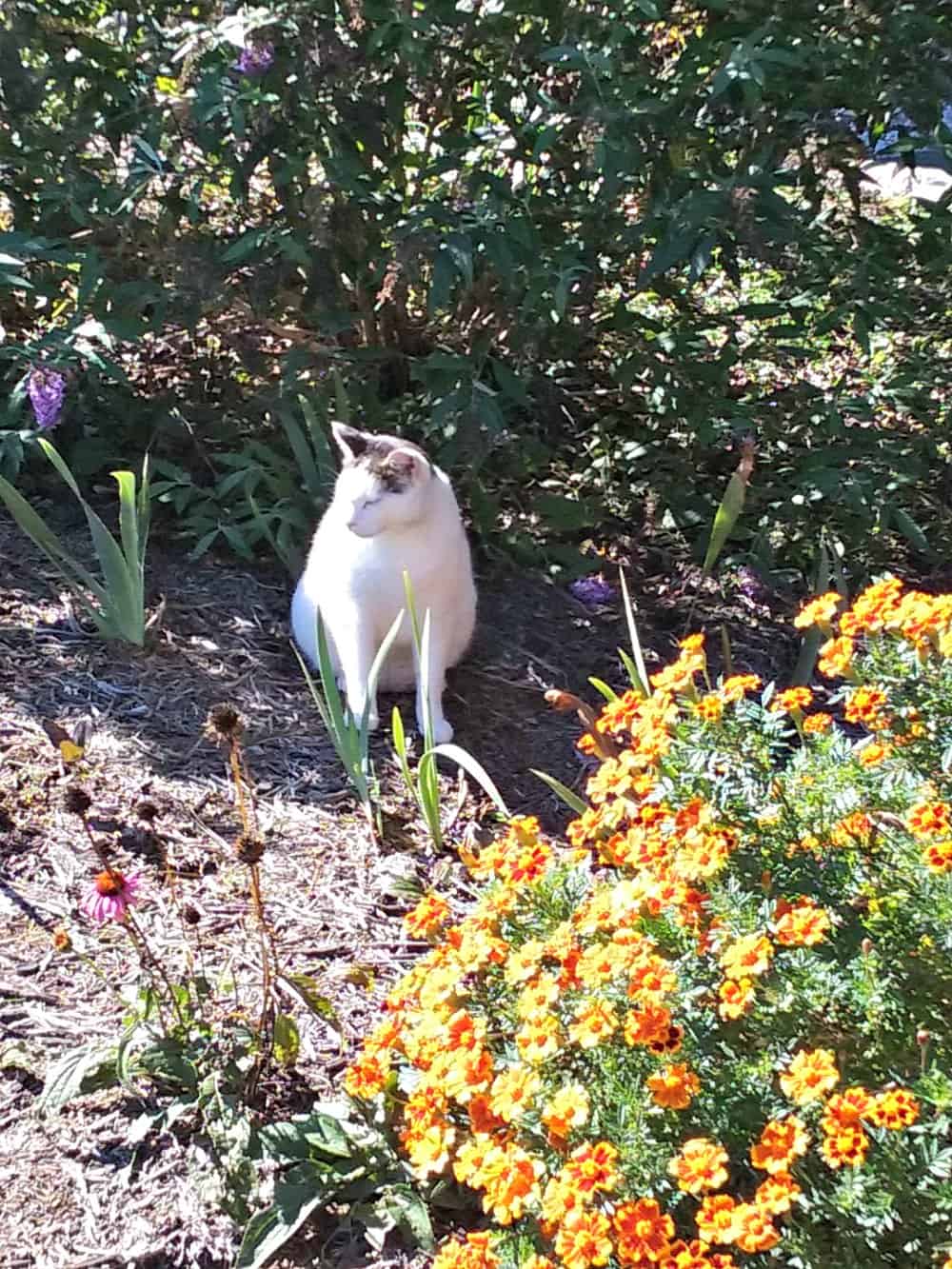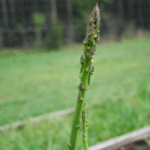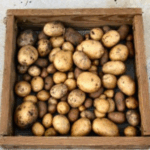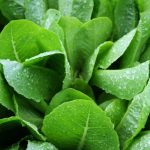Are you looking for a recipe for homemade weed killer? It’s the top question I receive on many gardening forums. But you should also ask, Should I even use a weed killer in my garden?
Weed Killer Information
One of the top questions I get asked on the various forums and websites where I answer gardening questions is, “How do you make a homemade weed killer?”
I made a video to address the information you need BEFORE you whip up your homemade mix. Watch it below or on our YouTube channel:
Before you choose to use a homemade or commercial weed killer, please be sure you understand exactly what you are using and where to use it safely.
I’m an organic gardener, but I am not a purist. If I need to use commercial products on my walkways or driveway to control weeds, I do so.
However, a few years ago my husband tried to clear a patch in the garden using commercial weed killer. We found that the weed killer not only killed weeds but damaged many of my plants. It even killed some.

Consider safety around pets and children when using ANY weed killer.
Homemade Weed Killers Not Necessarily Safer
People look for recipes for homemade weed killers for a variety of reasons. Many want to save money. Others think they are safer to use in the garden than commercial ones.
Most recipes for homemade weed killers call for a mixture of table salt, white vinegar, and water. Do you remember how in ancient times conquering armies would sow the fields with salt? Why did they do this? Because salt kills plants. It does not discriminate between plants you want to grow (like wheat in fields) or weeds. It kills by desiccating or drying the plant.
Spraying salt-based mixues used on garden soil can damage your soil if you are not careful. The mixture can’t tell the difference between your gardenias and grass, salvia and clover. It kills indiscriminately.
Many commercial weed killers are marked as ‘safe to use around ornamental plants’ but we have found in our yard that this is not so. We’ve seen flowers discolored, stunted plants, and killed a few plants through the use of weed killers on our walkways. Imagine what would have happened if we had sprayed the weed killer right into the garden?
Please, think twice before spraying homemade or any other weed killer.




